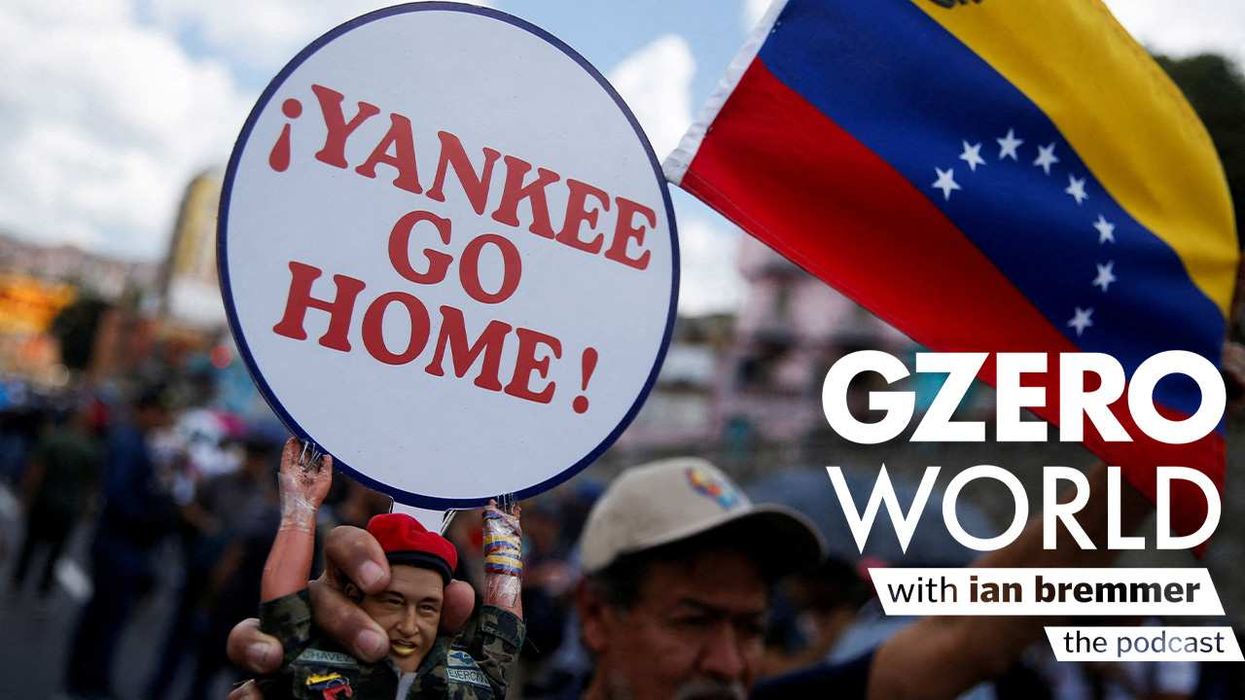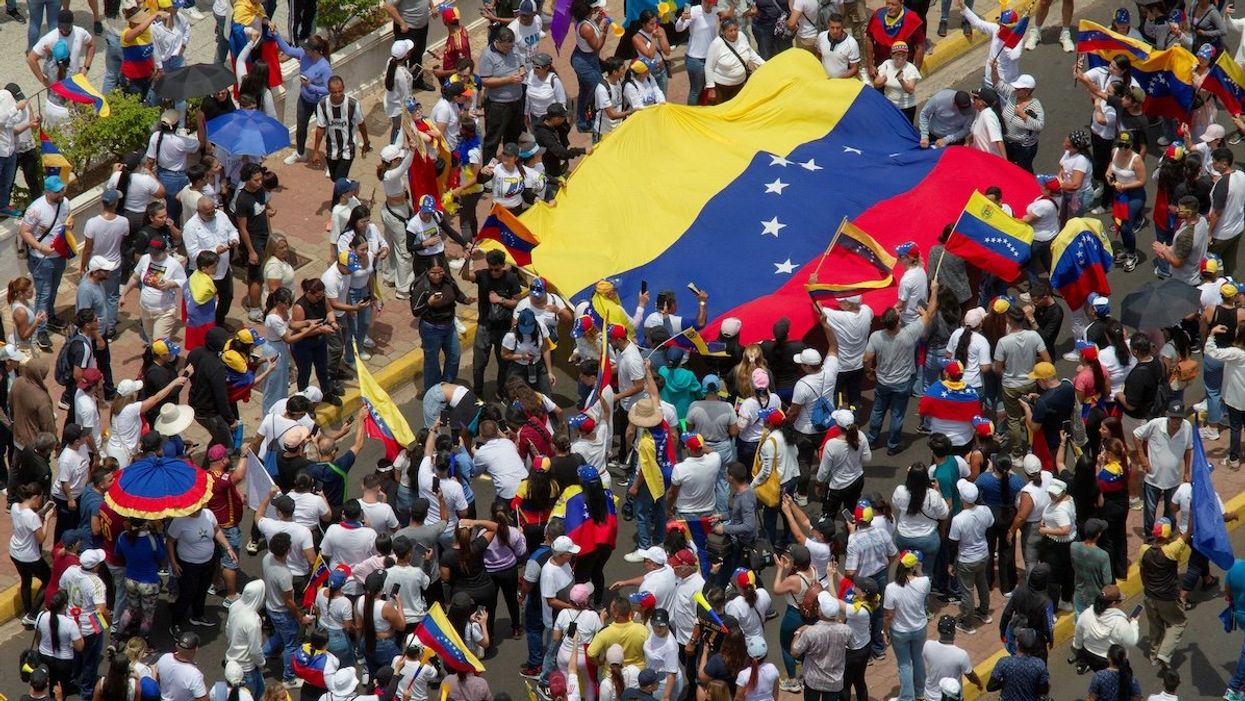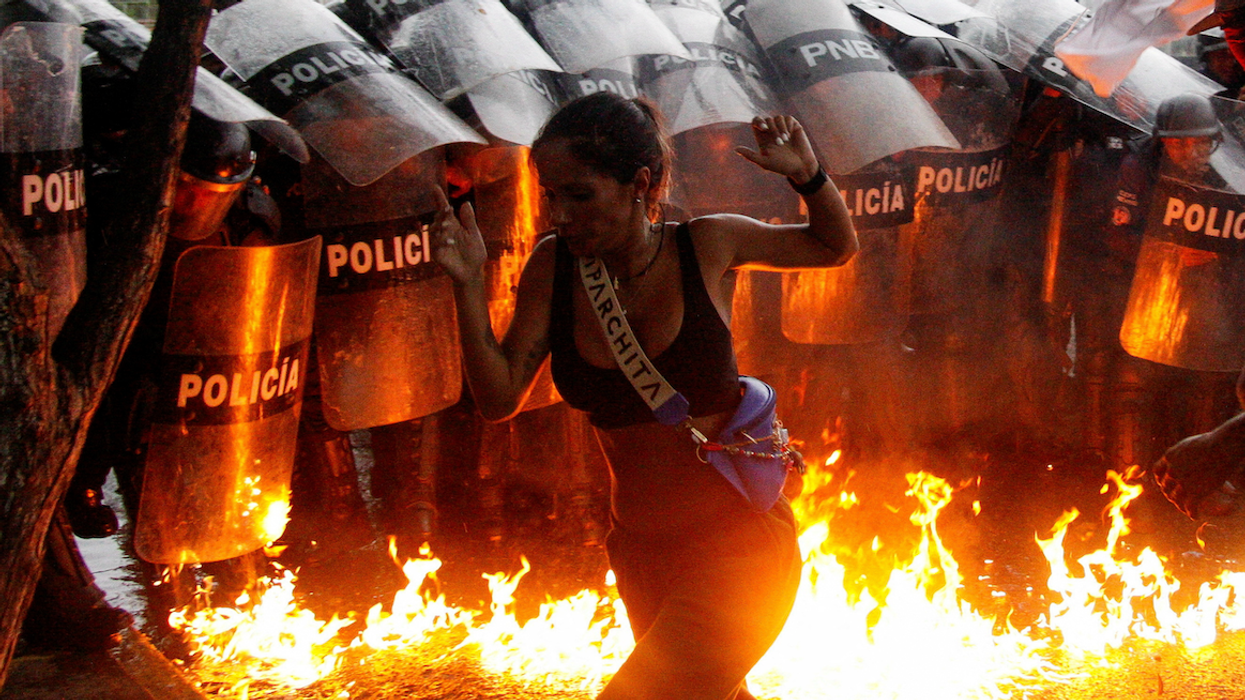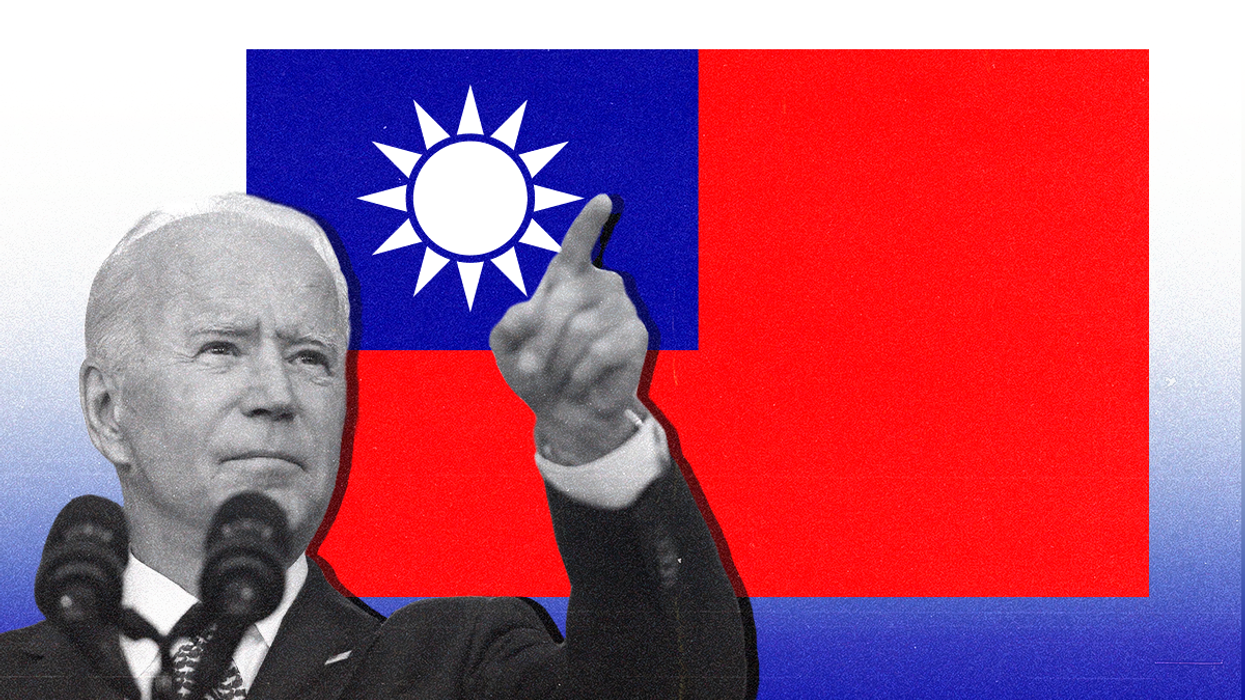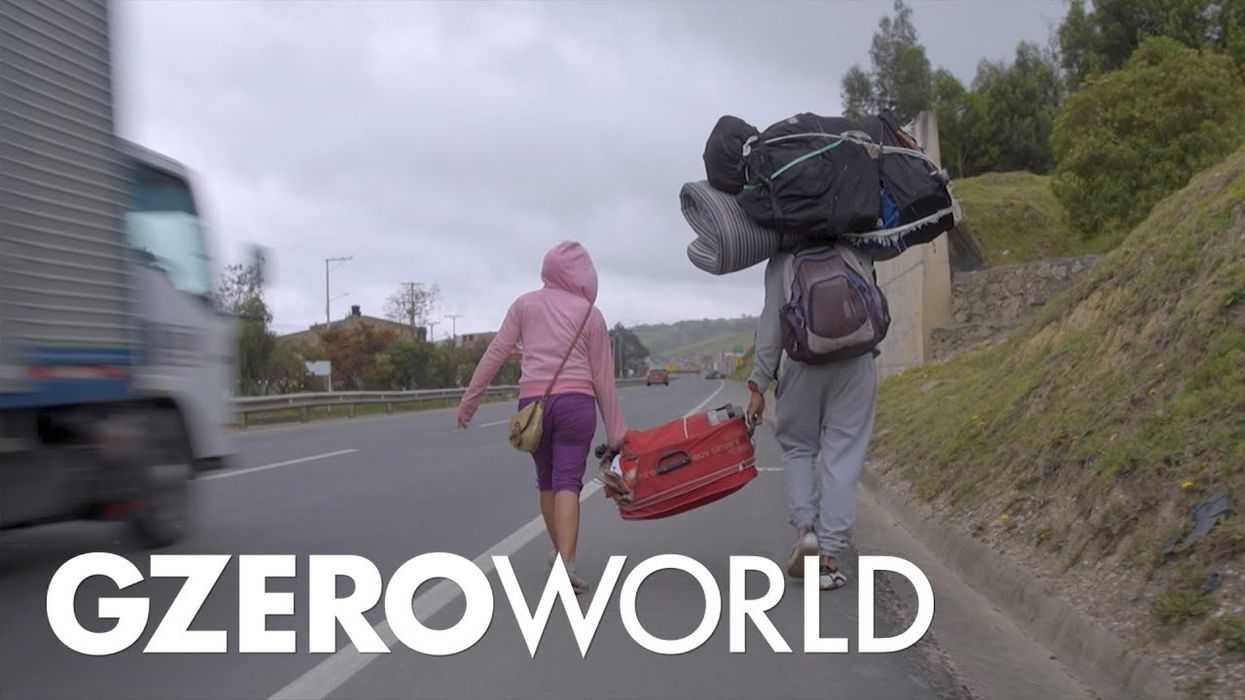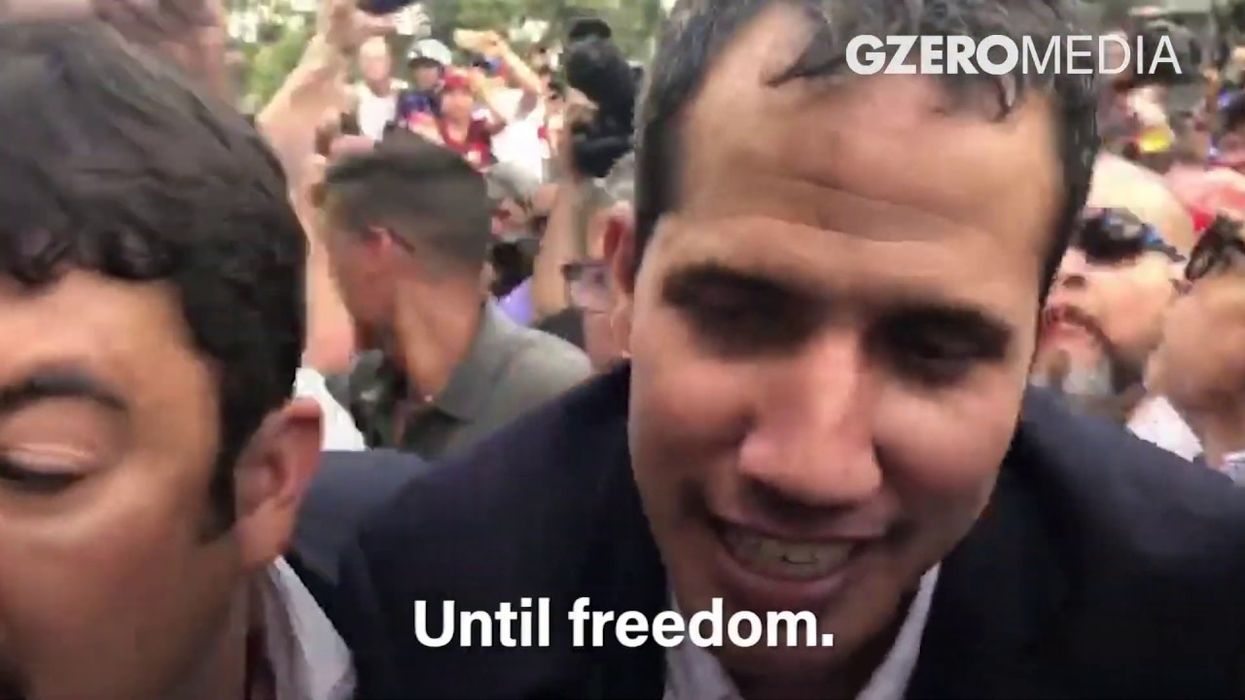GZERO World with Ian Bremmer Podcast
Gaming out a US-Venezuela war with ambassador James Story
Toppling Maduro would be the easy part. On the GZERO World Podcast, Ian Bremmer and former US Ambassador James Story game out what a US intervention in Venezuela might look like—and more importantly, how the US would manage the aftermath.
Nov 22, 2025
